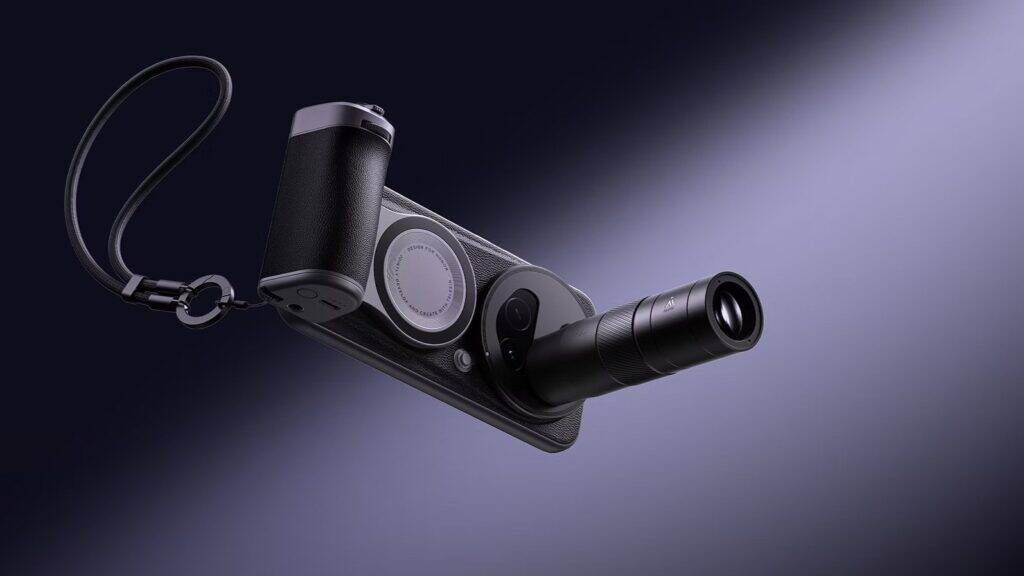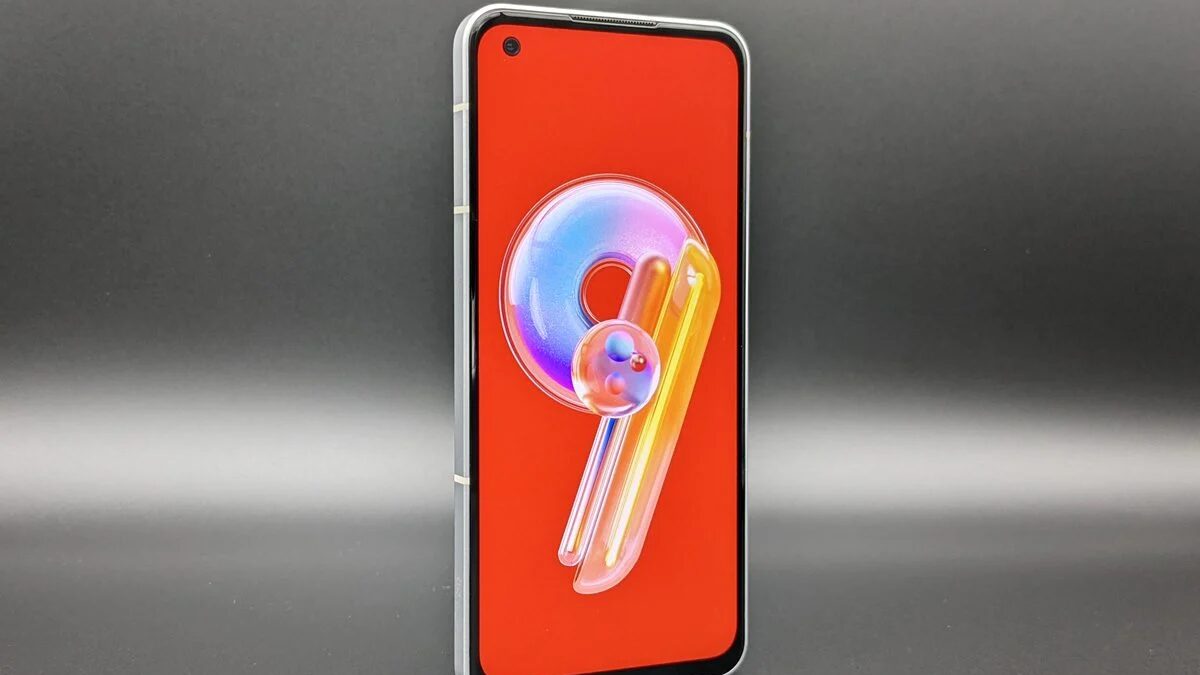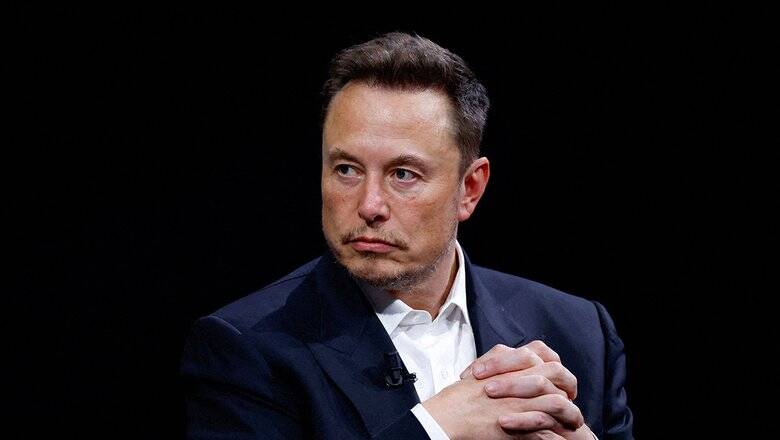Apple says EU law on digital marketplaces only benefits big companies and hurts users
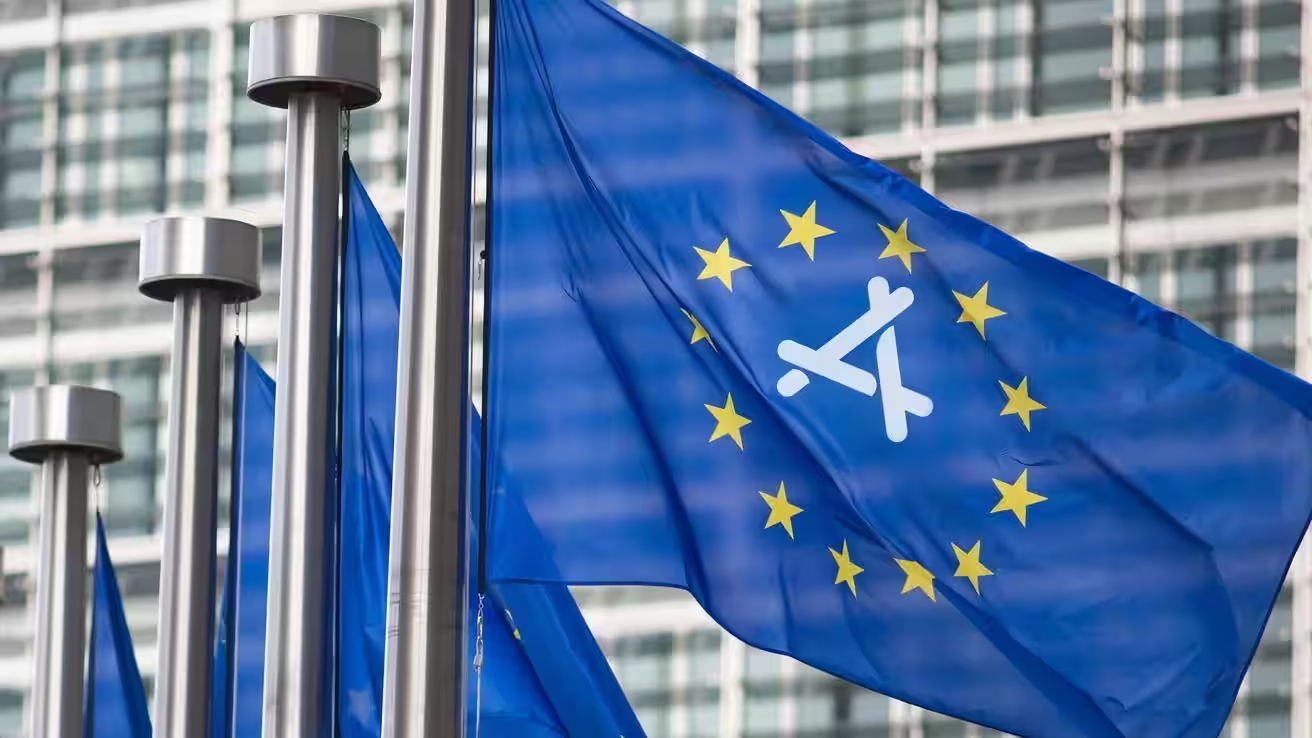
Apple has filed stiff objections to the Digital Markets Act (DMA) with the European Commission, arguing that it reduces choice for users, undermines security and preferentially favors other large tech companies.
Apple has spoken out against the DMA
The European Union has launched a review of the effectiveness of the Digital Markets Act and opened a consultation period. Companies can submit their proposals to change the regulation. Apple has used this opportunity to demand that the DMA be effectively repealed and a new law passed.
Apple has used this opportunity to demand that the DMA be effectively repealed and a new law be passed.
«Regulators claimed that the DMA would promote competition and give European consumers more choice. The law does not fulfill these promises. Moreover, it leads to the opposite results» —Apple said in a statement.
Features not available in the EU
The company says several new features won’t be available in Europe because of the DMA. These include iPhone Mirroring, Live Activities on Macs, and Live Translation in AirPods Pro.

Apple said the European Commission has banned the introduction of such features on Apple devices before they are offered for competitors’ products. Violation of that rule threatens fines and even a sales ban.
Apple typically launches new features in its products first and then opens up APIs to third-party developers. However, the DMA requires simultaneous access to other companies. Apple considers this an excessive and virtually impossible burden on engineering teams, and points out that other market participants are not subject to such requirements.
Apple’s DMA requires that third-party developers be given access to the APIs at the same time.
Who the law affects
The law applies to so-called —«gatekeeper» (Gatekeepers) companies — large players with a broad user base in the EU. There are now six such companies: Alphabet, Amazon, Apple, ByteDance, Meta* and Microsoft.
Apple claims that it is the one forced to share technology and intellectual property for free, while other corporations do not face such obligations. The company said it has repeatedly asked the European Commission for an explanation of the situation, but has not received a response.
Apple’s claim is that it is the company that is forced to share technology and intellectual property for free while other corporations do not face such obligations.
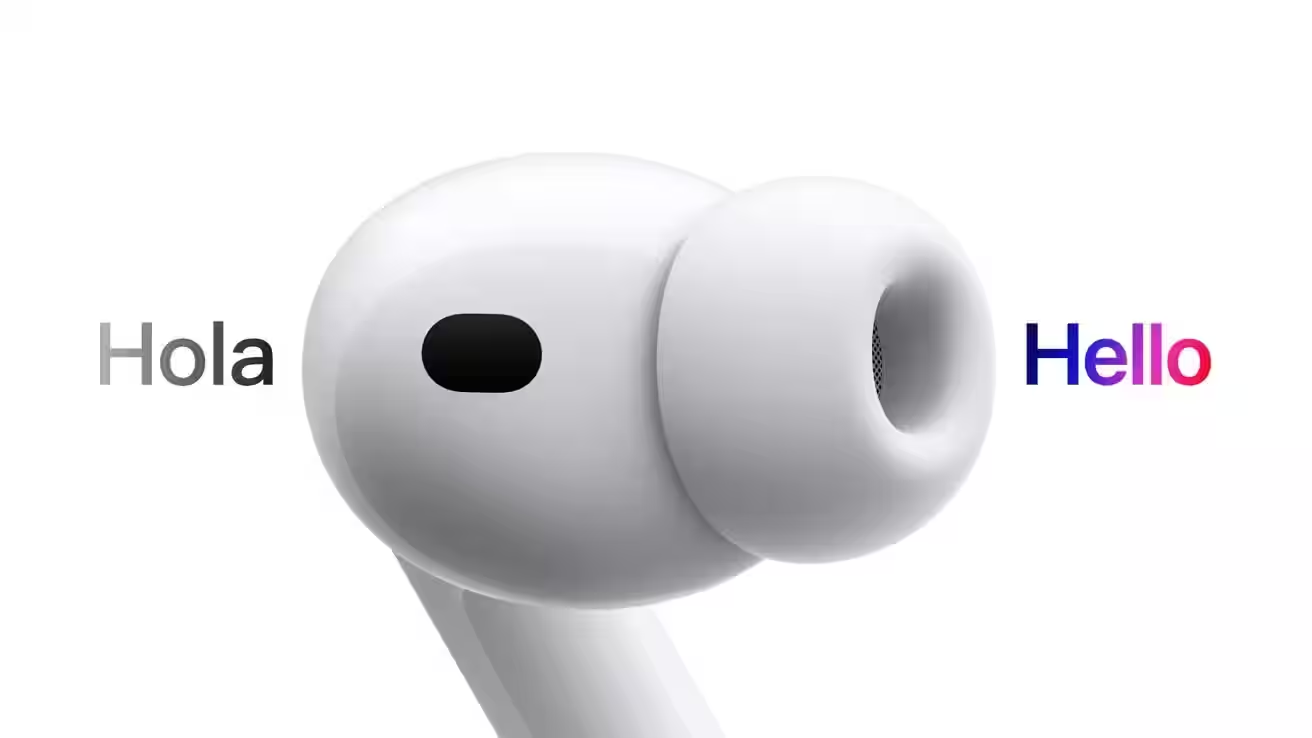
Ignoring Apple’s proposals
The company notes that it sent proposals to the EU that would allow it to comply with the DMA without incurring excessive costs. However, it says the regulator rejected those ideas and took into account initiatives from Apple’s European competitors, such as Spotify.
In May 2025, Apple said the European Commission had banned it from using a certain mechanism to comply with the DMA and later fined it for failing to do so. The regulator clarified that the sanctions only concerned the implemented solution, not other hypothetical variants.
Consumer Impact
The EU and Apple both claim to be acting in the best interests of users. However, the company insists that the DMA makes the choice worse.
Apple emphasizes that its products stand out for security and privacy, and that’s what benefits consumers. The new rules, however, it argues, will level out the differences between platforms.
«Changes to app stores make iOS look more and more like Android, which reduces variety» — the company said.
An example Apple cites is the fines against Apple Music. The EU deemed the service to be abusing its dominance, even though it is far behind European rival Spotify in terms of market share. Apple believes that such measures help other corporations, not users.
Security concerns
Apple is particularly concerned about the DMA’s data transfer requirements. The company says it is required to share highly sensitive information with competitors, including the contents of user notifications and Wi-Fi connection history.
 *-xl.avif» alt=»» class=»wp-image-307269″/>
*-xl.avif» alt=»» class=»wp-image-307269″/>An Apple document lists the technologies that competitors are demanding access to, including AirPlay, CarPlay, Bluetooth devices and iPhone Mirroring. According to the company, this creates privacy risks and would circumvent App Tracking Transparency restrictions, opening the door to aggressive advertising.
«Big companies continue to request even more data, putting EU users at risk of snooping and tracking. We warned the European Commission of the risks, but our arguments were not accepted», — the statement said.
Problems of applying the law
Apple believes the DMA is formally intended to protect consumers, but is poorly implemented in practice. The company claims that the European Commission is constantly reinterpreting the law’s provisions, making it difficult for businesses to know how to comply with the rules.
Apple says the DMA is formally designed to protect consumers, but is poorly implemented in practice.
Appeals are possible, but the process takes «months or years». And requirements must be complied with immediately, even if they «cause irreparable harm to users».
Apple also says the fines are imposed «arbitrarily», applied «unevenly» and are more of a punishment tool than a means of encouraging competition.
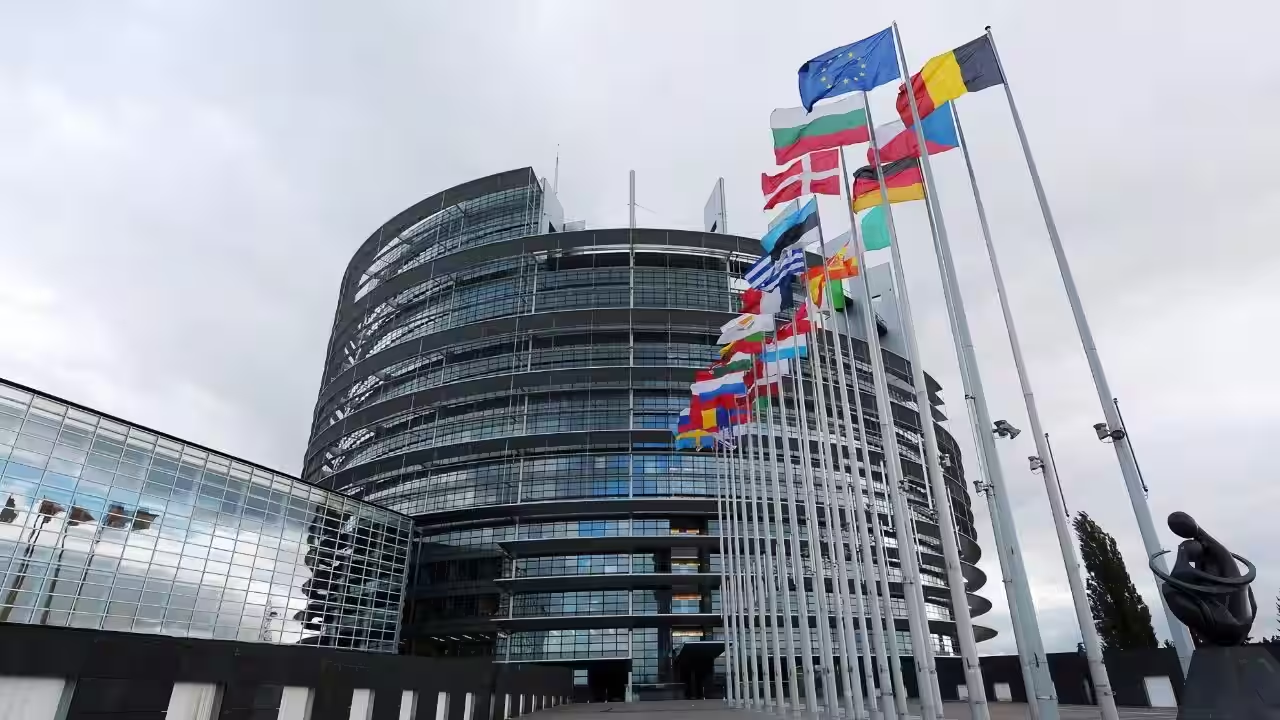
What’s next
Apple filed its objections on the last day of the consultation period. The European Commission must now analyze all submissions and prepare a report.
According to the regulations, the final report will be submitted to the European Parliament, the EU Council and the European Economic and Social Committee by May 3, 2026. Thereafter, reviews will take place every three years.
Apple doesn’t expect the DMA to be completely repealed, but hopes the new EU guidelines will set clearer rules and take security concerns into account. The company confirmed that its engineers are working on adapting features, including Live Translation, for the European market. However, Apple says it’s extremely difficult to do so in a way that works properly while protecting user data.
As long as the DMA ignores privacy issues, it doesn’t protect consumers, the company says, but only redistributes revenue to European competitors and forces it to share technology with Meta*, Google, and Spotify.
* Owned by Meta, it is recognized as an extremist organization in Russia and its activities are banned.



